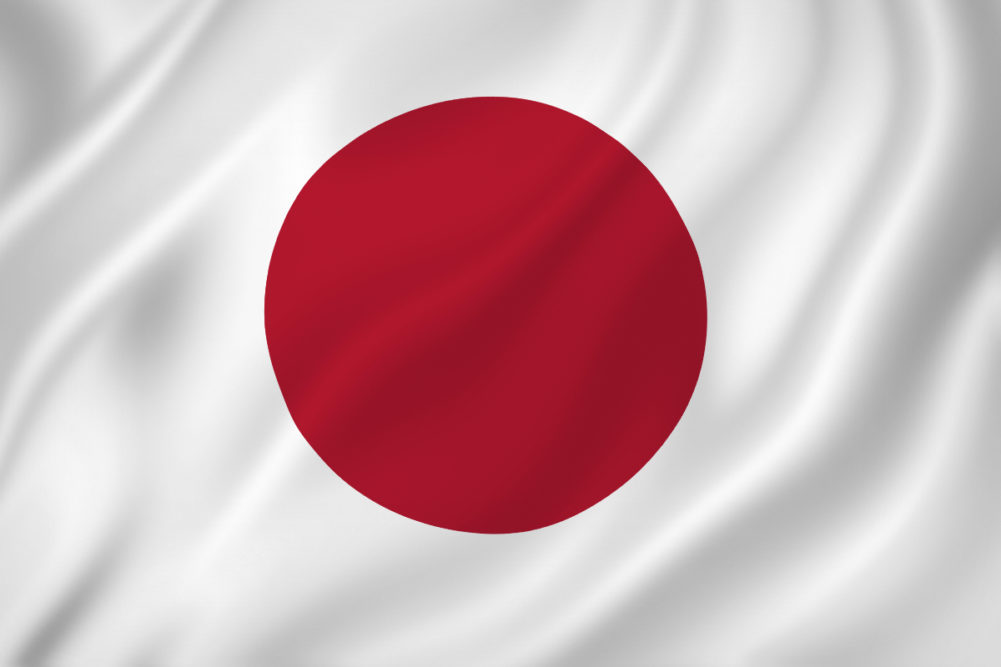WASHINGTON, DC, US — Due to a favorable soybean crush margin and advance contracting by crushers, Japan’s soybean exports are expected to increase in the next two marketing years, according to a report from the Foreign Agricultural Service of the US Department of Agriculture.
Japan is expected to import 3.386 million tonnes in 2019-20 and 3.405 million tonnes in 2020-21, up from 3.314 million tonnes in 2018-19, the USDA said.
“Industry sources report that Japanese crushers contract oilseeds one year in advance and are eager to take advantage of suppressed soybean prices,” the USDA said.
Nearly 75% of the 2018-19 imports came from the United States, followed by Brazil at 15% and Canada at 10%.
Brazilian soybeans have higher crude protein content than US soybean imports for crush, and Japan has a high-protein soybean meal requirement of 47.5% crude protein. This ensures Brazil’s market share due to higher crude protein content in Brazilian soybeans, the USDA said.
Japan relies heavily on oilseed imports and has no tariffs on soybeans, rapeseed and cottonseed. Less than 4% of its 2018-19 consumption was met by domestically produced oilseeds. The bulk of the oilseeds grown in Japan are for food consumption rather than crush, the USDA said.
In 2019-20, soybean consumption reached 3.6 million tonnes, with 70% going toward crush.
At the end of 2019, the Japanese government raised the consumption tax for most goods and services with the exclusion of food and drink not consumed at the point of sale. With the consumption tax hike and COVID-19 related concerns, the USDA said vegetable oil demand by the Japanese foodservice sector may be dampened.
Japan’s 2018-19 edible oil production was 1.715 million tonnes, a 0.9% increase from 2017-18. Given the recent concerns, that could dip to 1.67 million tonnes in 2019-20.
“The low price of U.S. soybeans and strong consumer demand, driven by low vegetable prices and tourism boom, fueled Japan’s vegetable oil demand and led to increased crush,” the USDA said. “Moreover, oil demand surged in anticipation of the 2019 consumption tax hike.”
If the issues are resolved, the USDA said Japan’s oil output could return to 1.69 million tonnes in 2020-21.






